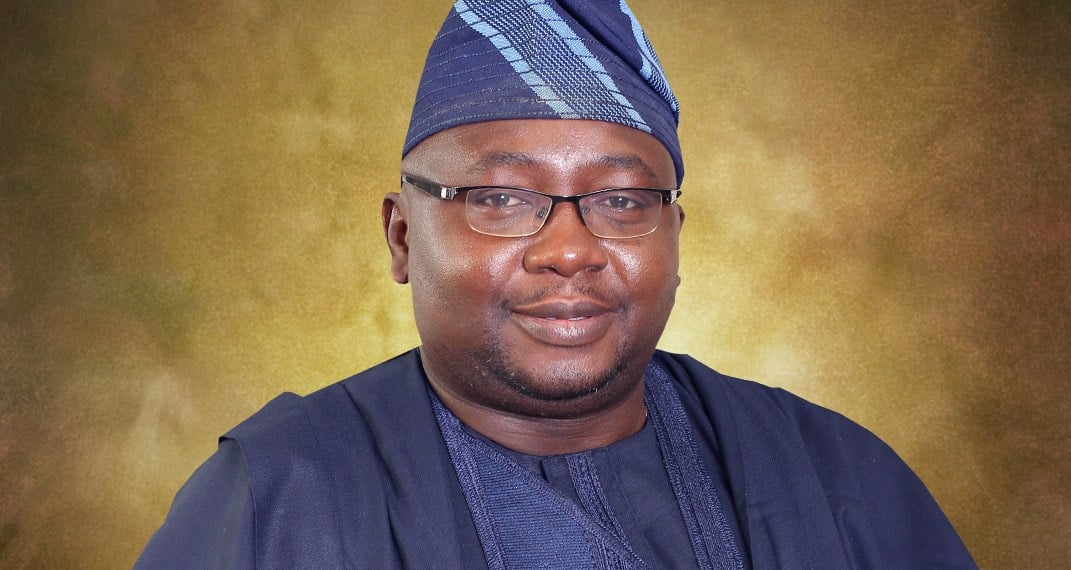Sam Bankman-Fried has initiated an appeal against his conviction and 25-year prison term for embezzling $8 billion from customers of the now-defunct FTX cryptocurrency exchange, which he established.
Defense attorney Marc Mukasey announced the intention to appeal to the Manhattan-based 2nd U.S. Circuit Court of Appeals during Bankman-Fried’s sentencing hearing on March 28.
The 32-year-old former billionaire crypto prodigy was found guilty in November on seven counts of fraud and conspiracy, in what federal prosecutors describe as one of the largest financial frauds in American history.
Bankman-Fried’s appeal process is expected to extend over several years. His legal team faces significant challenges, needing to convince the 2nd Circuit, and potentially the U.S. Supreme Court, that U.S. District Judge Lewis Kaplan made substantial errors that deprived Bankman-Fried of his legal rights and rendered the trial unfair.
Though the sentence imposed by Kaplan was shorter than the 40- to 50-year term recommended by prosecutors, it exceeded the 5-1/4 years or fewer suggested by Mukasey.
The sentencing of Bankman-Fried marked a dramatic downfall from his status as an entrepreneur whose rapid ascent garnered admiration, respect, and envy. The Massachusetts Institute of Technology graduate amassed a net worth of $26 billion before turning 30, riding the surge in the values of bitcoin and other digital assets. He also became a prominent political donor and advocate of effective altruism.
However, Bankman-Fried’s fortunes took a nosedive when FTX, headquartered in the Bahamas, filed for bankruptcy on November 11, 2022, following a flurry of customer withdrawals triggered by concerns that Bankman-Fried had mingled their funds with those of Alameda Research, a crypto-focused hedge fund he controlled.
Subsequently, Bankman-Fried was apprehended in the Bahamas and extradited to the United States. During the trial, three former close associates testified against him, admitting to being instructed by Bankman-Fried to utilize FTX funds for various purposes, including settling Alameda’s debts, making political contributions, and purchasing luxury real estate in the Bahamas. They pleaded guilty to fraud charges and await sentencing.
Bankman-Fried maintained his innocence during his testimony, acknowledging errors in risk management but denying any theft. His legal team argued that prosecutors collaborated excessively with FTX’s bankruptcy estate, selectively providing information beneficial to their case.
At the sentencing hearing, Mukasey urged Kaplan to discount the prosecution’s assertion that FTX customers had incurred $8 billion in losses, suggesting that customers might eventually be reimbursed.
However, Kaplan dismissed this argument as speculative, stating that Bankman-Fried lied by claiming ignorance about Alameda’s extensive expenditure of customer funds until shortly before FTX’s collapse.
The differing outcomes of these cases have prompted questions about the underlying policies and considerations. Nicolas Roos, a prosecutor involved in Bankman-Fried’s case, asserted at a conference hosted by the New York City Bar that the distinct circumstances of the two cases warranted different outcomes. Unlike Bankman-Fried, Zhao acknowledged wrongdoing and voluntarily traveled to the United States to face charges.










